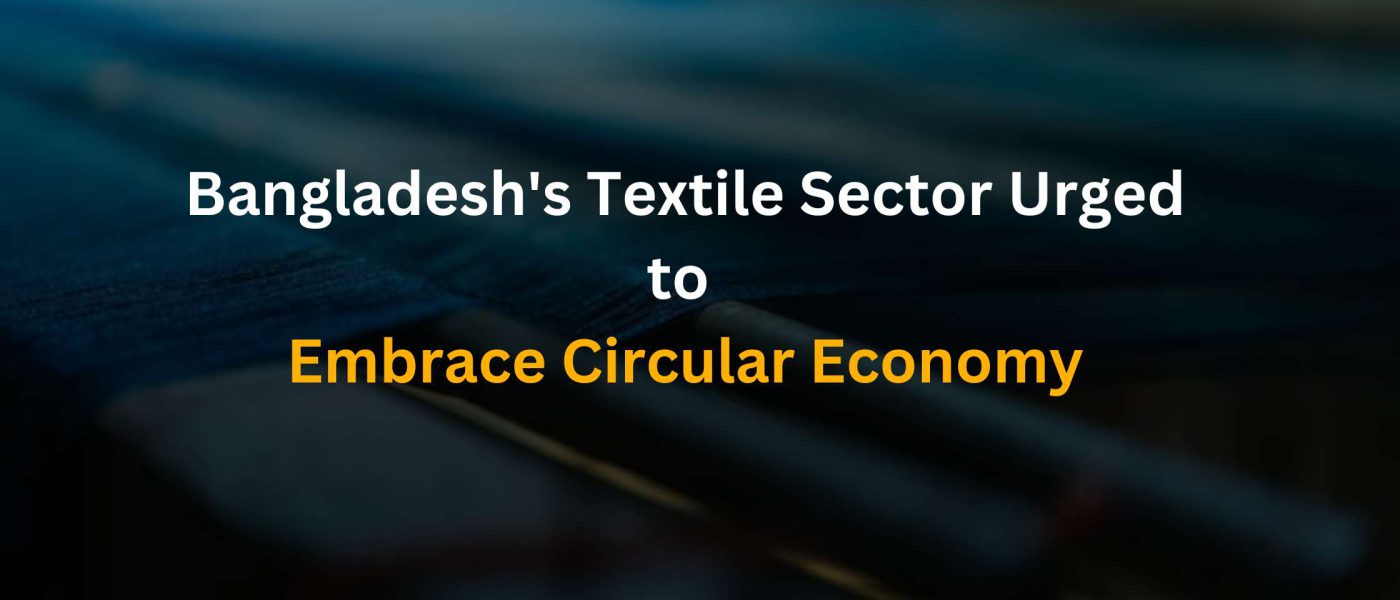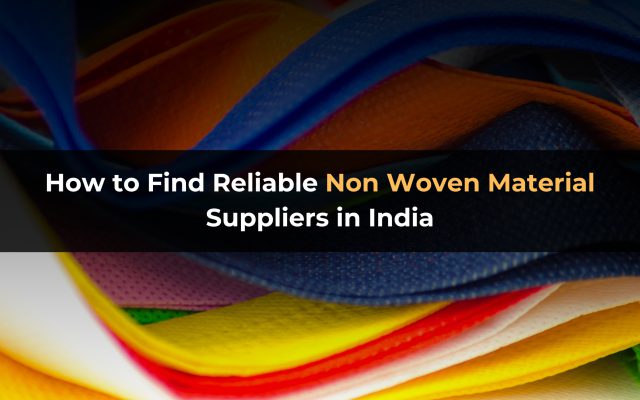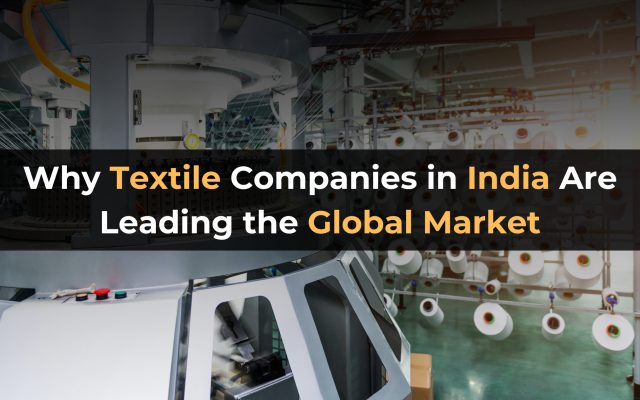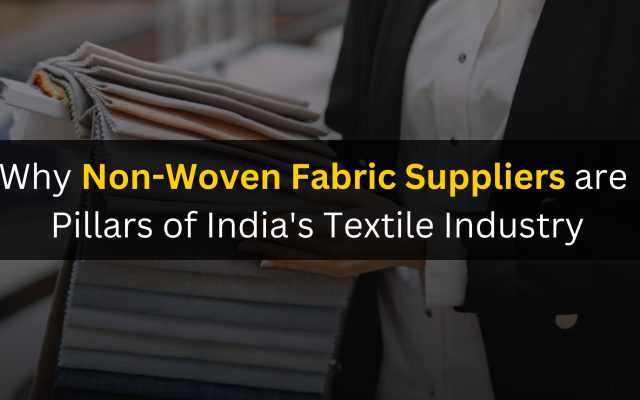Bangladesh, the world’s second-largest fabric supplier of ready-made fabrics, is poised to embark on a journey towards adopting circular economy principles in its manufacturing processes. This shift is vital for Bangladesh’s textile sector to enhance its exports to Western markets. It presents a significant opportunity for Bangladeshi cotton buyers and sellers to minimize environmental impact, boost financial outcomes, and foster enduring social advantages. Consequently, experts advocate for robust backing through substantial funding, technology infusion, and policy formulation.
However, the circular economy might also pose challenges in the industry that must be reviewed and resolved as soon as possible.
What is the Circular Economy?
The circular economy in the textile sector is all about changing how we produce and consume things. Instead of the traditional linear approach (take-make-consume-throw away), it focuses on sharing, leasing, reusing, repairing, refurbishing, composting, and recycling fabrics and other textile products. The goal is to extend the life cycle of products and minimize waste.
Why Does it Matter?
The circular economy aims to cut down on this waste by updating legislation on waste management. When a product reaches the end of its life, the idea is to keep its materials in the economy through recycling. This not only minimizes waste but also allows materials to be used over and over, creating more value.
Benefits of the Circular Economy
Minimization of Waste: Reducing waste is a big part of the circular economy. The goal is to keep materials in use for as long as possible.
Endless Recycling: Thanks to recycling, materials from old products can be used again and again, creating a sustainable loop.
Environmental Impact: By using resources more efficiently, the circular economy helps protect the environment and reduces our overall carbon footprint.
It’s a positive shift from the old way of doing things, and it’s better for everyone, including brands that buy fabric online in India at TEXchange.
Collaborative Strategies to Unlock Bangladesh’s Circular Apparel Industry
A prestigious panel comprising industry leaders, policymakers, and experts gathered for the “Switch to Upstream Circularity Dialogue: Pre-consumer Textile Waste in Bangladesh” event at the Amari Hotel in Dhaka on September 3. The dialogue focused on strategies, policies, infrastructure, collaborations, and innovations crucial for establishing a thriving circular ecosystem in Bangladesh.
Organized under the Switch to Circular Economy Value Chains project (SWITCH2CE), co-funded by the European Union and the Government of Finland, the event was led by the United Nations Industrial Development Organization (UNIDO) in collaboration with Chatham House, Circle Economy, and the European Investment Bank.
Attendees included brands, manufacturers, policymakers, and financial institutions.
Mr. Saber Hossain Chowdhury MP, Chair of the Parliamentary Standing Committee on the Ministry of Environment, Forest and Climate Change, Bangladesh, opened the session. The event featured two-panel discussions addressing business models, incentives for manufacturers, textile waste management processes, and the inclusion of current traders.
The pivotal role of BESTSELLER in driving circularity and adopting recycled materials was highlighted.
Faruque Hassan, President of the Bangladesh Garment Manufacturers and Exporters Association (BGMEA), emphasized the importance of circularity for sustainable development. BESTSELLER’s Alexander Granberg highlighted the need for systemic changes in waste segregation, especially in Bangladesh, a key sourcing country for the company.
Federica Marchionni, CEO of Global Fashion Agenda, expressed confidence in Bangladesh becoming a global leader in recycled materials, provided it effectively harnesses post-industrial waste. The event conveyed that Bangladesh has the potential to create an ecosystem for this opportunity.
Nin Castle, Chief Program Officer and co-founder of Reverse Resources, pointed out that increasing recycling capacity in Bangladesh’s garment sector could lead to substantial economic growth, reduce dependence on fiber imports, and help achieve environmental targets.
Mark Draeck, Chief Technical Advisor of SWITCH2CE at UNIDO, highlighted the project’s support for the circular transition in Bangladesh’s textile and garments industry, working closely with industry leaders to pilot innovative circular solutions.
The panel discussions included representatives from BESTSELLER, H&M, DBL Group, MTB, and BD, discussing innovative business models and unlocking the waste value chain with an integrated circular approach.
The event showcased various stakeholders’ collaborative efforts and commitment to transforming Bangladesh’s garment and textile industry into a circular industrial ecosystem.
If you want to buy or sell recycled cotton fabric online from India, register your business on TEXchange and start placing offers and inquiries.




